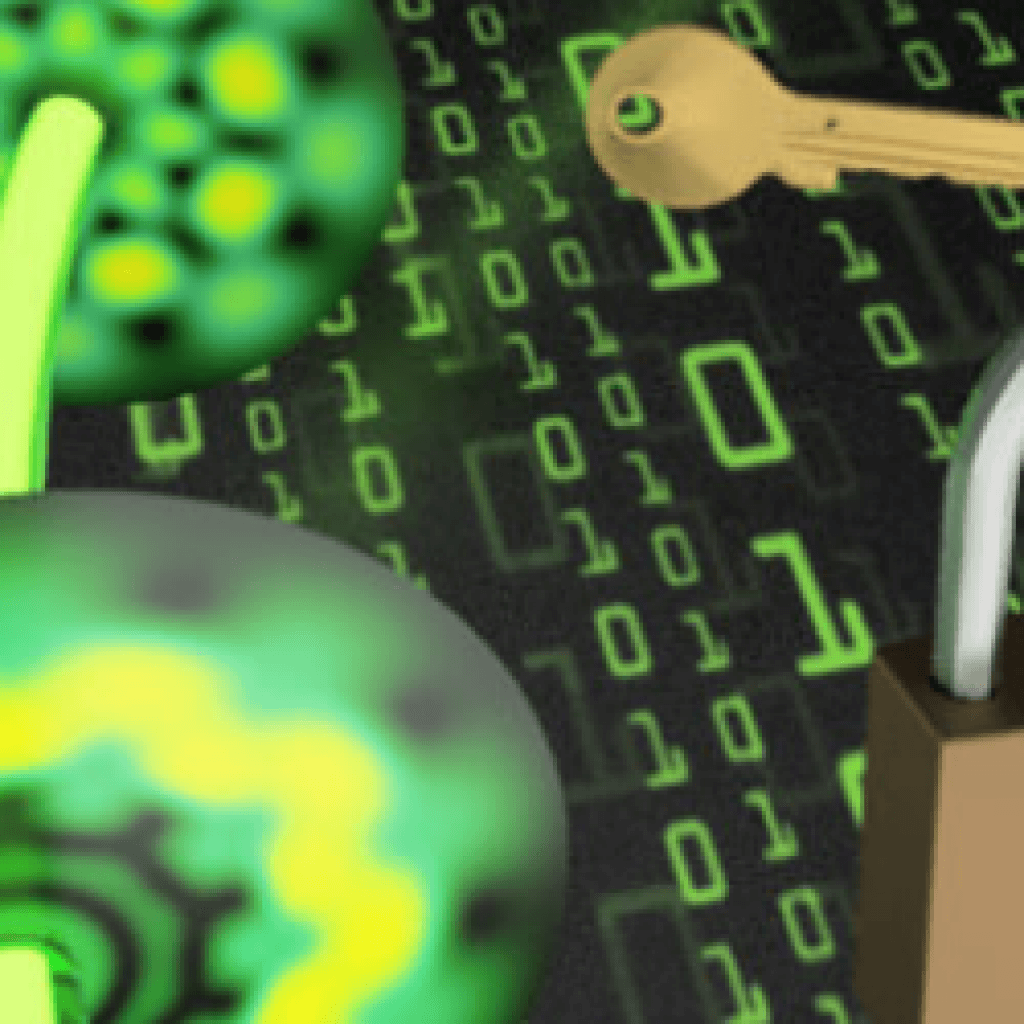(AnalyticsInsight) The development of large quantum computers could have calamitous consequences for cybersecurity. In this context, thinking quantum cybersecurity solutions will be an advantageous edge. Quantum cybersecurity can pave more robust and compelling opportunities for the security of critical and personal data.
Quantum computing can transform cybersecurity in four areas:
1) quantum random number generation is fundamental to cryptography;
2) quantum-secure communications, specifically quantum key distribution (QKD);
3) post-quantum cryptography,
4) quantum machine learning.
The pace of quantum research undoubtedly continues to accelerate in the years ahead. But it will also pose challenges and vulnerabilities to mission-critical information needed to retain its secrecy. Adapting to advanced cryptography to address these threats could be an obvious solution. The quantum cryptography approach is based on creating algorithms that are hard to break even for quantum computers. This approach can also work with conventional computers.
Another security approach against quantum computing attacks is lattice-based cryptography. Conventional cryptographic algorithms can be replaced with lattice-based algorithms that are designed with proven security. These new algorithms can conceal data inside complex math problems called lattices. The NSA, NIST, and other governmental agencies are also starting to invest in this developing method.
How Will Quantum Computers Transform Cybersecurity?
